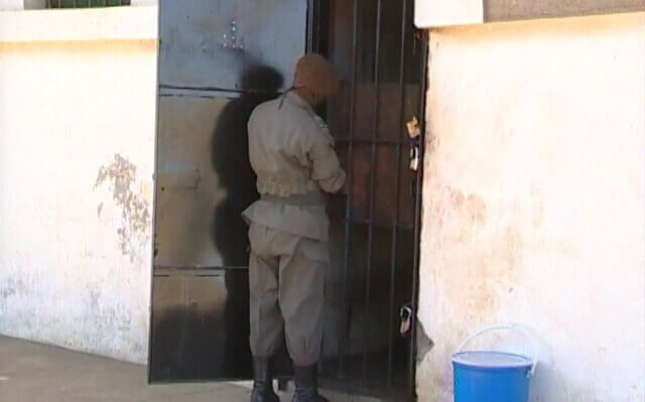Mozambique: Health Ministry hopes to vaccinate 18 million children against polio
Mozambique: Lawyers demand clarity on remand rules

File photo: Rádio Moçambique
The Mozambican Bar Association said on Thursday that preventive detention is now unpredictable in the country, with the Constitutional Council’s rejection of a request for a declaration of unconstitutionality of a rule of criminal procedure.
The new law “allows an individual to ultimately not know until when he will be in pre-trial detention,” said Duarte Casimiro, the President of the Portuguese Armed Forces Association (OAM).
He was speaking at a press conference after the CC released a ruling that validates the Criminal Procedure Code (CPP) rules that Mozambican lawyers consider unconstitutional for allegedly omitting time limits in some stages of pre-trial detention.
The OAM’s President also said that the ruling weakens the ‘habeas corpus’ provision, a constitutional prerogative that gives the right to request freedom in case of violation of deadlines for preventive detention or illegal detention.
“This way of being of the procedural law calls into question the predictability of preventive detention and eliminates, from the outset, the essence of the ‘habeas corpus’ provision,” emphasized Duarte Casimiro, citing the dissenting vote of judge-counsel Albano Macie, who opposed the ruling.
In addition to Macie, Counsellor Judge Ozias Pondja also voted against, among the seven magistrates of the CC.
Although the court rejected the unconstitutionality of other rules of the CPP, OAM focused its challenge on the issue of pre-trial detention, noting that it was the one that “most moved” the entity to request the intervention of the CC.
Duarte Casimiro appealed to the entities with an initiative for a law to request the re-examination of the controversial norms of the CPP, arguing that fundamental rights are at stake.
“There is a principle of life that says that what is good should not be touched”, and the rules on pre-trial detention in the old CPP “should not have been changed”, he said.
The CC only declared unconstitutional a norm that OAM defends that undermines the principle of free choice of defence counsel and legal representation and the guarantee of adequate defence for the accused who, for economic reasons, cannot constitute a lawyer.
Other norms validated by the CC, but contested by lawyers, have to do with the presumption of innocence, means of obtaining evidence and attribution of jurisdictional competencies to the National Service of Criminal Investigation (Sernic).
OAM also considered unconstitutional norms of criminal procedure that indicate legal types of crime that are not typified in the criminal code, such as “violent crime” and “highly organized crime”.
The current CPP was approved by the Assembly of the Republic in December 2019 and entered into force a year later. In April 2021, the OAM requested the declaration of the unconstitutionality of some norms of the diploma.
The lawyers decided to intercede with the CC after gathering the signatures of two thousand citizens, the minimum required by the Constitution of the Republic for a popular petition to consider the constitutionality of laws in the country.












Leave a Reply
Be the First to Comment!
You must be logged in to post a comment.
You must be logged in to post a comment.